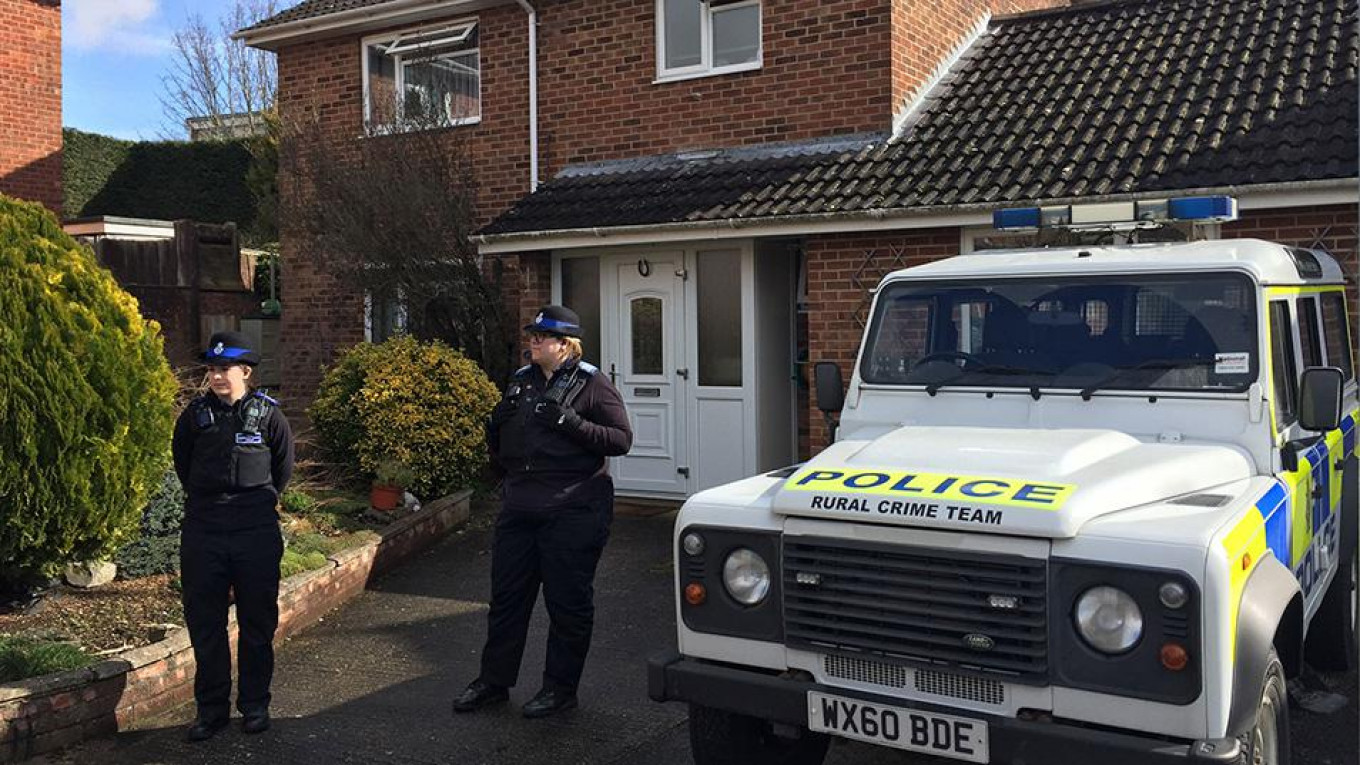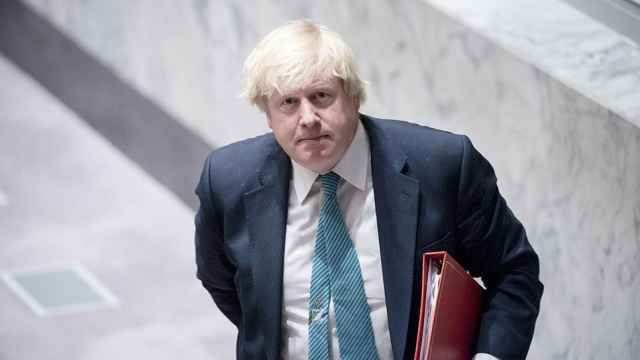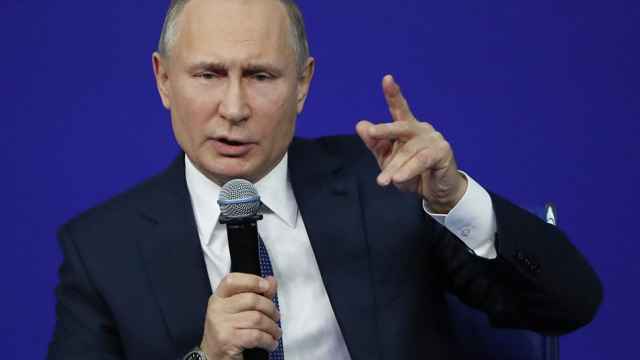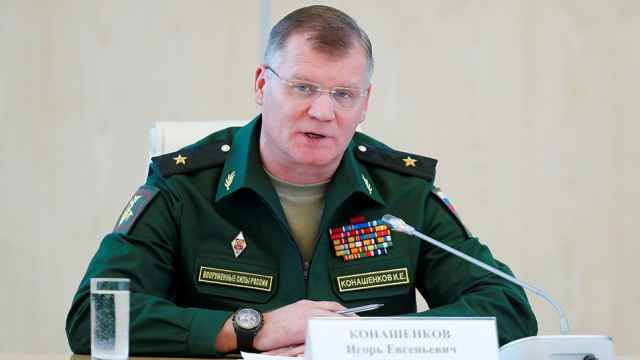Former Russian spy Sergei Skripal is no longer in critical condition and his health is improving rapidly more than a month since he was poisoned with a nerve agent, the British hospital treating him said on Friday.
Sergei Skripal, 66, and his daughter Yulia were found slumped unconscious on a public bench in the English city of Salisbury on March 4.
Britain said they were poisoned with a military-grade nerve agent first developed by the Soviet Union. Russia has denied it had anything to do with the first known use of such a toxin on European soil since World War Two.
"He is responding well to treatment, improving rapidly and is no longer in a critical condition," Christine Blanshard, Medical Director at Salisbury District Hospital, said in a statement.
Blanshard said she was providing the update response to "intense media coverage yesterday."
On Thursday, Russian state television reported Yulia had phoned her cousin and told her that she and her father were both recovering and that she expected to leave hospital soon.
Britain has said Russia is culpable for the attack, while Moscow denies any involvement. The incident has had major diplomatic ramifications, with mass expulsions of Russian and Western diplomats.
A Message from The Moscow Times:
Dear readers,
We are facing unprecedented challenges. Russia's Prosecutor General's Office has designated The Moscow Times as an "undesirable" organization, criminalizing our work and putting our staff at risk of prosecution. This follows our earlier unjust labeling as a "foreign agent."
These actions are direct attempts to silence independent journalism in Russia. The authorities claim our work "discredits the decisions of the Russian leadership." We see things differently: we strive to provide accurate, unbiased reporting on Russia.
We, the journalists of The Moscow Times, refuse to be silenced. But to continue our work, we need your help.
Your support, no matter how small, makes a world of difference. If you can, please support us monthly starting from just $2. It's quick to set up, and every contribution makes a significant impact.
By supporting The Moscow Times, you're defending open, independent journalism in the face of repression. Thank you for standing with us.
Remind me later.






